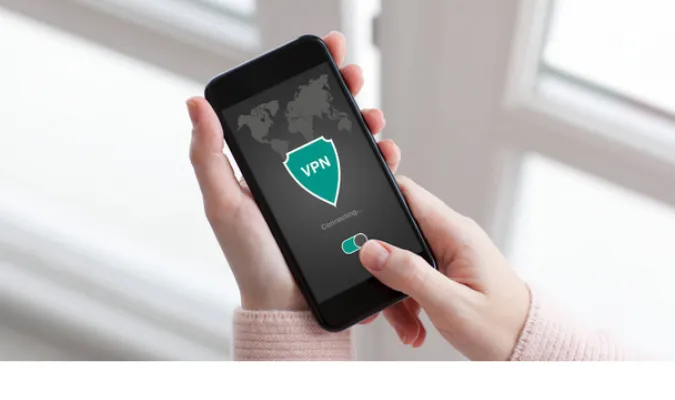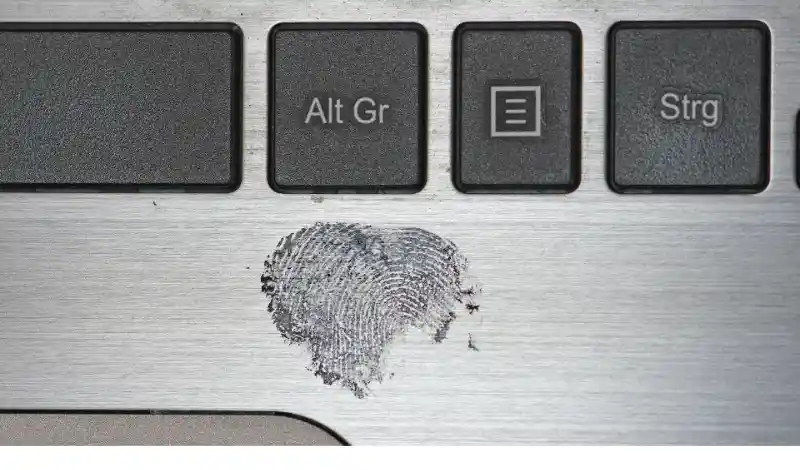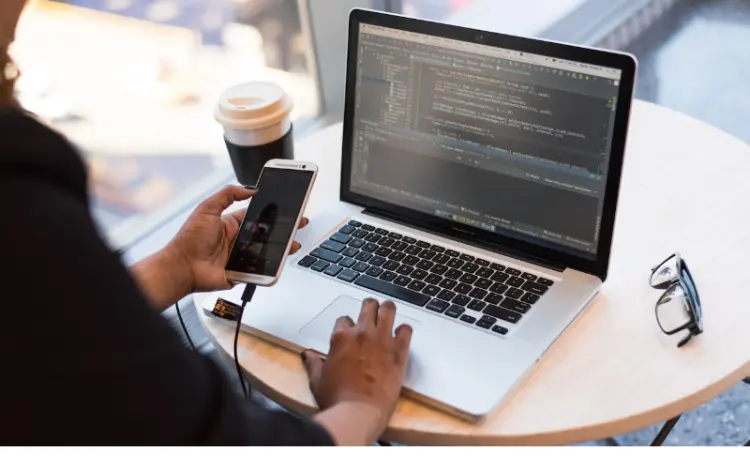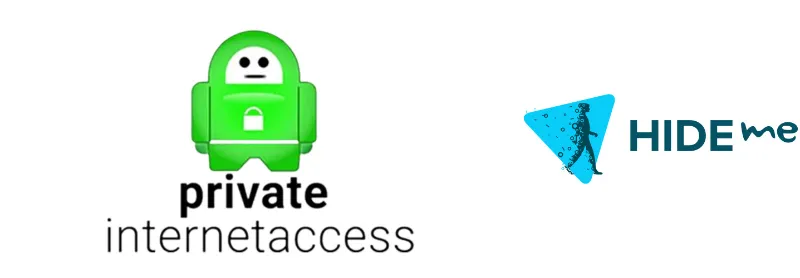Virtual Private Networks, or VPNs, have become a common tool for enhancing internet security, especially on smartphones.
They provide a layer of protection and anonymity that many appreciate in today’s cyber-fraught world. But you might be wondering, does using a VPN harm your phone?
Let’s dive deep into this topic and provide you with the most comprehensive answers.
Quick Answer
To get straight to the point: A VPN in itself does not harm your phone. However, the quality and security of the VPN service you choose can significantly impact your device’s performance, security, and data privacy.
That’s why it’s vital to select a reliable VPN service. While some free VPNs might cause potential issues, most premium VPN services won’t negatively affect your phone.
But there’s more to this topic, so let’s unpack it.
What is a VPN?
A VPN, or Virtual Private Network, is a service that creates a secure connection to another network over the internet.
It essentially routes your device’s internet connection through a private server rather than your internet service provider (ISP).
This means that when data is sent over the internet, it comes from the VPN rather than your computer or smartphone, giving you a layer of anonymity.
VPNs are primarily used to shield your browsing activity from prying eyes on public Wi-Fi, to bypass internet censorship, and to access geographically restricted websites.
Some businesses use VPNs to protect sensitive data and to allow employees to work remotely.
How Does a VPN Work on Your Phone?
Connecting to a VPN on your phone creates an encrypted tunnel between your device and a remote server operated by the VPN service.
All your internet traffic is routed through this tunnel, keeping your data secure from potential snoopers.
Here’s what happens step-by-step:
- Launch the VPN app on your phone and select a server to connect to.
- The VPN establishes a secure connection using robust encryption protocols.
- Your internet traffic is now funneled through this encrypted tunnel, effectively hiding your online activities from your ISP or anyone else trying to peek.
- The traffic then reaches the VPN server, where it is decrypted and sent to its final destination on the internet.
During this process, your IP address is also hidden, and you appear to have the same IP address as the VPN server, thereby safeguarding your identity and location.
Can a VPN Harm Your Phone’s Performance?
The short answer to this question is: it depends on the VPN you use. A reliable, well-designed VPN shouldn’t cause harm to your phone’s performance.
However, some VPN services can slow down your internet connection due to the additional layer of security and the increased data route via the VPN server.
Here are some potential impacts:
- Speed: VPNs can potentially slow down your internet speed. This is because your data needs to travel a longer route via the VPN server, and it also takes time to encrypt and decrypt the data. But good VPN services optimize for speed and provide a multitude of servers to minimize this impact.
- Battery Life: Running a VPN on your phone might consume more battery than usual, as it requires extra processing power to encrypt and decrypt data. However, a quality VPN service should have minimal impact on battery life.
- Storage and Performance: VPN apps will take up some storage space on your phone, and if running continuously in the background, they could consume some of your device’s resources, possibly affecting its performance. But, once again, with a well-designed VPN app, this impact should be negligible.
Can a VPN Harm Your Phone’s Security?
VPNs are designed to enhance your phone’s security by encrypting your data and hiding your IP address. However, the level of security depends heavily on the VPN service you use.
A trustworthy, high-quality VPN can significantly increase your phone’s security, while a poor-quality or malicious VPN can indeed harm it.
Here’s what you need to know:
- Data Logging: Some VPNs, particularly free ones, may log your browsing data and sell it to third parties. This can pose a threat to your privacy and security. Always choose a VPN with a strict no-logs policy.
- Malware Risks: Some VPN apps, especially free or less reputable ones, can contain malware that can harm your phone. Always download VPN apps from reputable sources, such as official app stores.
- Inadequate Encryption: A VPN with weak encryption or security flaws can risk your data. Make sure to use a VPN that employs robust encryption standards.
Choosing the Right VPN for Your Phone
Now that you know a VPN doesn’t inherently harm your phone, and that any potential issues largely depend on the quality and security of the VPN service, let’s talk about how to choose the right VPN for your phone:
- No-logs Policy: The VPN should have a strict no-logs policy to ensure they aren’t storing or selling your data.
- Strong Encryption: Choose a VPN that uses robust encryption methods, such as AES 256-bit, which is a military-grade standard.
- Speed and Performance: Look for VPNs that have a reputation for maintaining good speed and performance. This will ensure that your internet experience remains smooth even when the VPN is active.
- Number of Servers: More servers generally mean better speed and performance. It also gives you more options to choose from when deciding which server to connect to.
- User Reviews and Reputation: Read user reviews and research the VPN’s reputation before making your choice. If a VPN has a history of security issues or customer complaints, it’s best to steer clear.
Frequently Asked Questions (FAQ)
Q1. Does using VPN harm your phone?
No, using a VPN should not harm your phone. However, low-quality or malicious VPN services can potentially pose risks to your privacy and security.
Q2. Are there any dangers with VPN?
Certain risks are associated with using a VPN, particularly if it’s a low-quality or free service. These risks include data logging, malware risks, and inadequate encryption.
Always choose a trustworthy, reputable VPN service to mitigate these risks.
Q3. What is the negative side of using VPN?
The negatives of using a VPN can include slower internet speed, increased battery usage, and potential risks to privacy if the VPN service logs data. However, a high-quality VPN minimizes these downsides.
Q4. Should I keep VPN on my phone?
If you frequently connect to public Wi-Fi networks, want to keep your online activities private, or access geo-restricted content, keeping a VPN on your phone can be beneficial.
However, you might want to disconnect when not required to save on battery life.
Conclusion
The question “Does VPN harm your phone?” might seem straightforward, but the answer depends on many factors, primarily the quality and legitimacy of your VPN service.
A well-designed, reputable VPN service can significantly enhance your phone’s security, protect your privacy, and even grant you access to geo-restricted content.
However, remember that not all VPN services are created equal. Some may compromise your phone’s performance or your security and privacy.
Therefore, doing your homework before choosing a VPN service is crucial.
In conclusion, a VPN does not inherently harm your phone, and any potential impact on performance or battery life is often outweighed by its security and privacy benefits.
Be sure to choose wisely and stay informed about the potential risks and rewards.









